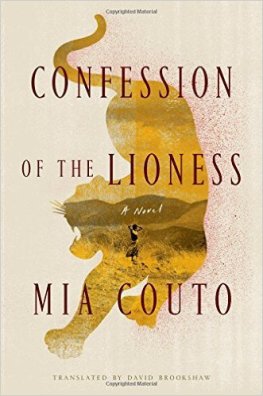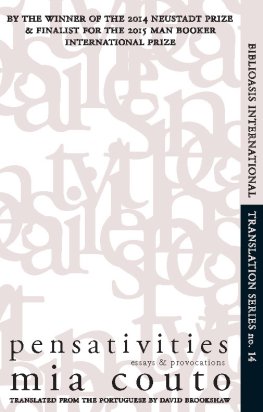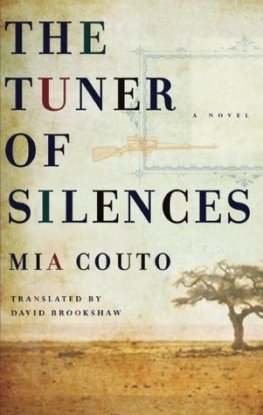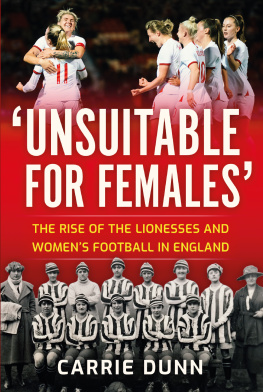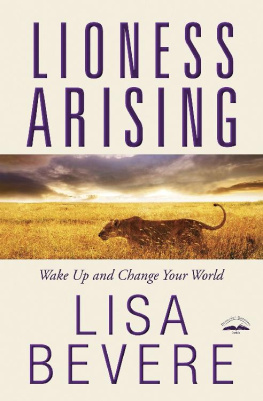Mia Couto
Confession of the Lioness
Until lions invent their own stories, hunters will always be the heroes of their hunting narratives.
AFRICAN PROVERB
In 2008, the company I work for sent fifteen young people to serve as environmental field officers during a program of seismic prospecting in Cabo Delgado, northern Mozambique. During the same period and in the same region, lions began to attack people. Within a few weeks, there were more than ten fatal attacks. This number increased to twenty in about four months.
Our young colleagues were working in the bush, sleeping in campaign tents, and moving around on foot between villages. They were an easy target for the lions. Hunters were urgently needed in order to provide protection. And, of course, this urgency was all the greater because of the need to protect the country folk of the area. Our advice to the oil company was that it should take complete responsibility for protecting against this threat: The lions that had been eating people needed to be eliminated. Two experienced hunters were contracted and traveled from Maputo to Palma, the town at the center of these attacks. Once in town, they recruited other, local hunters to join the operation. In the meantime, the number of victims killed had increased to twenty-six.
The hunters underwent two months of frustration and terror, responding to daily calls for help until they managed to kill the murderous lions. But it wasnt just these difficulties they had to face. It was suggested to them time after time that the real culprits were inhabitants of the invisible world, where rifles and bullets were no use at all. Gradually, the hunters realized that the mysteries they were having to confront were merely symptoms of social conflicts for which they had no adequate solution.
I lived through this whole situation at close quarters. The frequent visits I made to where this drama was taking place gave me the idea for the story that I am about to tell, which was inspired by real facts and people.
Mariamars Version: ONE. The News
Blessed is the lion that the man will eat, for the lion will become human; and cursed is the man the lion will eat, for the lion will become human.
GOSPEL ACCORDING TO THOMAS
God was once a woman. Before he exiled himself far from his creation, and while he had still not assumed the name of Nungu, the current Lord of the Universe looked like all the mothers in this world. In this other time, we spoke the same language as the oceans, the land, and the heavens. According to my grandfather, that kingdom perished long ago. But somewhere within us, there remains the memory of that far-off age. Illusions and certainties survive that have been passed on from one generation to another in our village of Kulumani. We all know, for example, that the sky is as yet unfinished. Its the women who, for millennia, have been weaving its infinite veil. When their bellies grow round, a piece of sky is added. Conversely, when they lose a child, this piece of firmament withers away.
Maybe this is why my mother, Hanifa Assulua, kept watching the clouds during the burial of her eldest daughter. My sister Silncia was the most recent victim of the lions, which have been tormenting our village for some weeks now.
As she died disfigured, they laid what remained of her body on its left-hand side, with the head turned to the east and the feet turned to the south. During the ceremony, my mother seemed to be dancing: Time and again she would bend over a pitcher which she had made with her own hands. She sprinkled the surrounding earth with water and then stamped both her feet to the same rhythm as someone sowing seeds.
As she returned from the funeral, there was too much sky in my poor mothers eyes. It was only a short walk home: The family graveyard was on the outskirts of the village. Hanifa made a brief detour along the River Lideia to complete her ritual cleansing by bathing in its waters, while farther back, I erased the footprints leading to the grave.
Shake your feet, dust likes to travel.
In the hallowed ground of our graveyard stood yet another cross, showing that we were different from the Muslims and from the pagans. I know now: If we place a tombstone over the dead, its not out of respect. Its out of fear. Were afraid theyll come back. Over time, this fear becomes greater than our yearning for them.
All the members of the family respected the order: The route back was altogether different from that taken to go. Nevertheless, my mind could not rid itself of the persistent image: Silncias body being carried on shoulders, wrapped in white sheets that swayed like broken wings.
When we reached our front door, my mother looked at the house as if she were blaming it: so alive, so ancient, so timeless. Our house was different from the other huts. It was made of cement, had a tin roof, and was equipped with bedrooms, a living room, and an inside kitchen. There were rugs strewn on the floor and dusty curtains hung in the windows. We were also different from the other inhabitants of Kulumani. In particular my mother, Hanifa Assulua, was different, for she had some education, and was the daughter of educated parents. On our way back from the funeral, I noticed how beautiful she was: Even with her head shaved in compliance with her mourning, her countenance belied her grief. For some time, she eyed me as if weighing up how precious I was to her. I thought there was a maternal tenderness in her look. But her words were shaped by other feelings:
Youll never have to experience a mothers grief.
Please, Mother, Ive just lost my sister, I said.
Youll never lose a daughter. It was God who wished it thus.
And she turned her back. Having taken off her shoes, she crossed the threshold and took to her bed. One can bury a daughter, thats true. She had already done so before. But one never stops saying farewell. No one needs a mothers attention more than a dead child.
At this point, my father asked the mourning women to leave our yard. He entered the darkened house and, leaning over his wife, asked:
Why did you shave your head? Are we not Christians?
Hanifa shrugged. At that particular moment, she was nothing at all. The wailing of the women mourners had ceased and she couldnt stand the vast silence.
So what shall we do now, ntwangu?
Like all women in Kulumani, she called her husband ntwangu. The mans name was Genito Serafim Mpepe. But out of respect, she never addressed him by his name. Yes, we were educated, but we were too much a part of Kulumani. All our present was made up of our past. At that moment, her husband nestled up to her and spoke with a gentleness that she wasnt used to, each word a cloud patching up the skies.
What shall we do now? Well, now now we shall live, woman.
I dont know how to live anymore, ntwangu.
No one knows how to. But that is what our daughter is asking us to do: to live.
Dont talk to me about what our daughter asked. You never listened to her.
Not now! Dont talk about that now, woman.
You didnt understand my question: What shall we do with that bit of our daughter we didnt bury?
I dont want to talk about that. Lets sleep.
She raised herself, leaning on her elbow. Her eyes were dilated, like those of someone who had drowned.
But our Silncia
Quiet, woman! Have you forgotten that we can never again utter our daughters name?
I need to know: Which bits of her body couldnt we bury?
Ive already told you to be quiet, woman.
His voice trembled, leaflike: My father was struggling with inner demons. The blood-soaked sack containing his daughters remains still dripped in his memory. And once again he was assailed by a recollection that could never be laid to rest: the sudden confusion of voices and panic that had woken him in the early hours of the previous day. Genito Mpepe had crossed the yard expecting tragedy. Moments before, he had heard the lions prowling around the house. Suddenly there were roars, cries, wails dispersing in the air, the world sank out of sight in shattered pieces: Nothing remained within him. To forget such an event, it would be necessary never to have lived.

